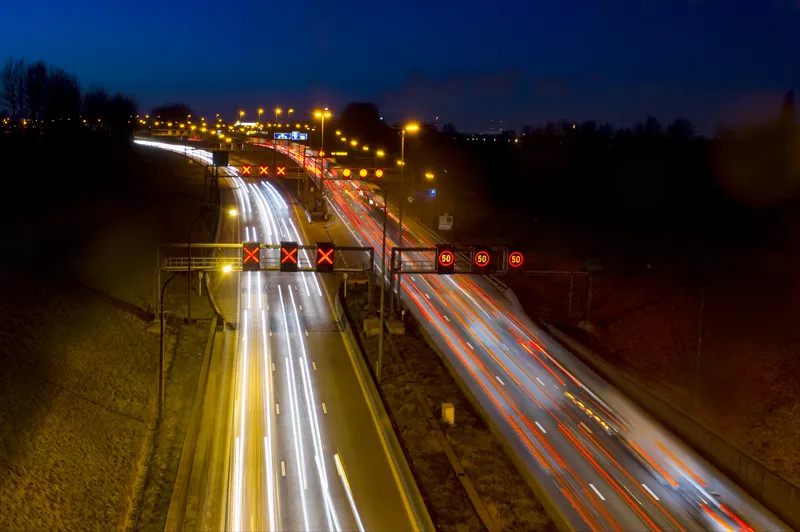
Cross Zlin’s InVipo, which also came top in the Smart Mobility category, is a smart platform for use in smart cities and ITS projects. It particularly impressed the judges by bringing to life the concept of a smart city, integrating a wide variety of data, including traffic counts, parking availability, traffic signal timings and weather in one easy-to-access web-based visualisation platform.
It also showed how additional data streams can easily be added, proving that the days of simple ‘traffic management’ are now numbered.
The international jury also chose category winners in four additional areas. HR Groep from The Netherlands won the Infrastructure category for its Smart Ultimate Lighting, an innovative light-up road sign constructed using the same illuminating foil that is used in mobile phone screens.
The Traffic Management category was won by Houston Radar for its breakthrough SpeedLane product in which multi-lane side-fire traffic radar is able to pack an impressive amount of hardware into a single solar-powered unit.
The UK’s WheelRight won the Safety category with its WheelRight Tyre Pressure Technology system which is capable of measuring tyre pressures on any vehicle without the need for any mechanical intervention, while the Parking category winner was the UK arm of Netherlands-based Parkmobile Group for the innovative development of its existing RingGO app.
A record total of 91 exhibiting companies entered the 2016 Intertraffic Innovation Awards.










